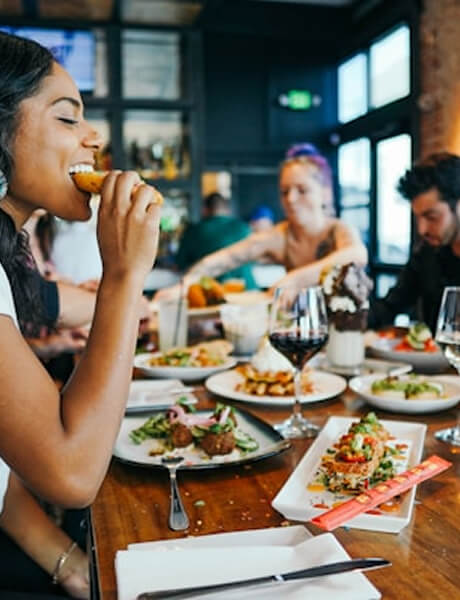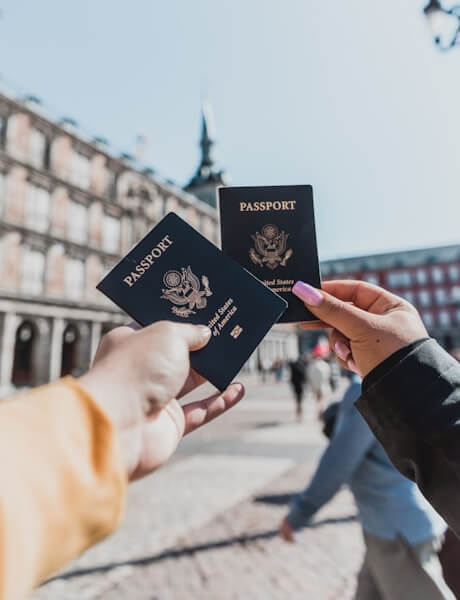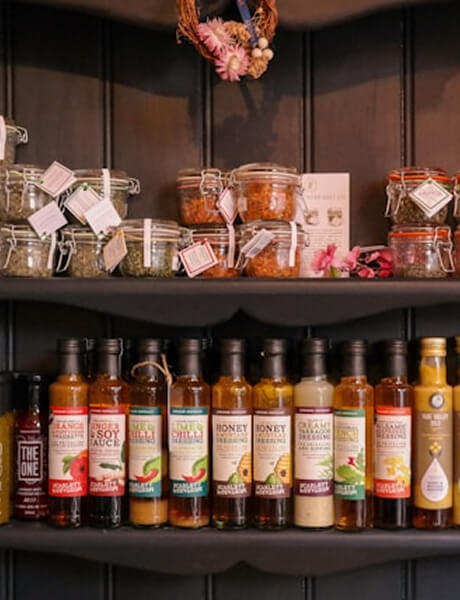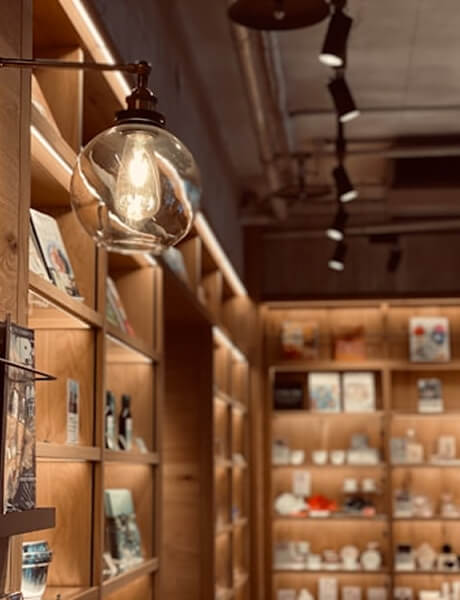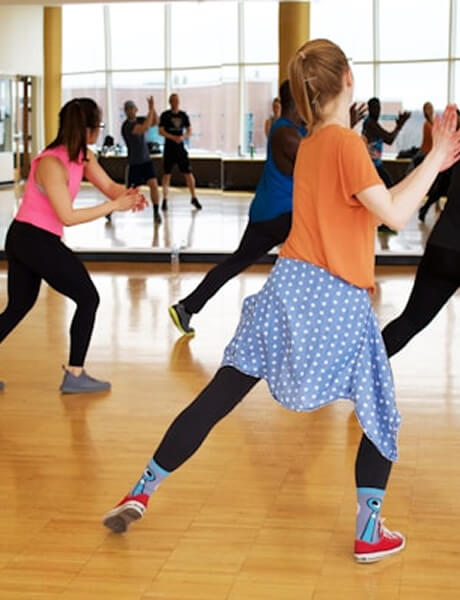
Travel guide Lisbonne
The best time to go à LISBONNE
Practical information for travel à LISBONNE
Get your travel guide: LISBONNE

What to see what to do à LISBONNE?
Where to go à LISBONNE?
The most beautiful tourist sites
Other nearby tourist attractions de LISBONNE
Petit Futé's best addresses à LISBONNE
Discover the most beautiful addresses selected by the authors of Petit Futé.
Featured articles de LISBONNE

Visit Lisbon's Belém Tower: information and tips in 2025
Published on 15/07/2025 Activities and experiences
A visit to Lisbon's Belém Tower is a must when visiting Portugal's capital. The monument is a symbol of the city, both photogenic and historically enriching. In this guide, the Petit Futé tells...

Visit Lisbon's Belém Tower: information and tips in 2025
Published on 15/07/2025 Activities and experiences
A visit to Lisbon's Belém Tower is a must when visiting Portugal's capital. The monument is a symbol of the city, both photogenic and historically enriching. In this guide, the Petit Futé tells...

Visit the Hieronymites Monastery in Lisbon in 2025: information and tips
Published on 01/07/2025 Activities and experiences
Did you know that the Hieronymites Monastery was home to the tomb of Vasco de Gama? That, and much more, is what awaits you on this wonderful visit to Lisbon! The building itself is pure splendor,...
How to travel à LISBONNE
How to go alone
There are many direct flights to Lisbon for prices ranging from one to four times the price depending on the season. Please note that the price variation depends on the airline used but, above all, on the reservation delay. In order to get good prices, it is therefore often essential to book in advance.
How to go on a tour
Tour operators specializing in Portugal produce their own tours and are generally very good at giving advice, as they know the region inside out. Note that their prices are often a little higher than those of generalists. Organized trips to Lisbon can be combined with the discovery of Porto and Faro. Beware of pickpockets.
How to get around
You have all the necessary means of transportation in Lisbon. The bus serves the whole city, unlike the metro which has only four lines, but whose stations are often magnificent works of art. During your city trip, you will have 5 streetcar lines at your disposal. A classic is to take the streetcar no. 28 which crosses the historical districts of the city (Alfama, Bairro alto, Graça). If you want to get some height, don't hesitate to take the panoramic elevators of the buildings like in Santa Justa in the Baixa district.
Book your next trip with Kayak
Travel à LISBONNE
Ideas for holidays and week-end breaks à LISBONNE
Services
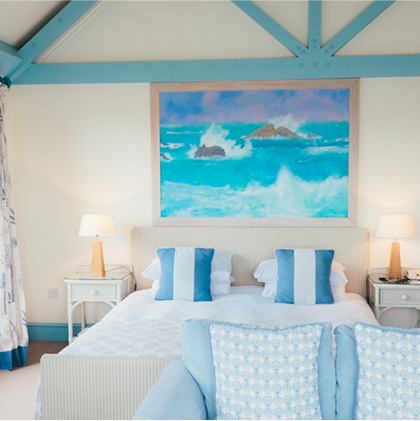
Find a hotel with Booking.com

Rent a car with Bsp-auto

Create a blog and travel journal
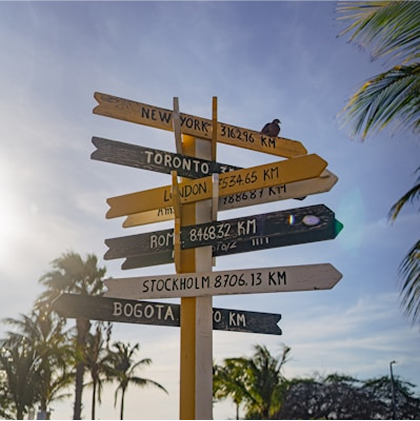
Find an agency with Quotatrip
Find unique holiday offers with our partners
Discover LISBONNE
Because of its geographical location, Lisbon was very early the object of all covetousness and occupied by peoples from all walks of life. The result of these multiple invasions can be seen above all in the architecture and cuisine. Despite everything, the Portuguese were able to appropriate these influences to make them their own traditions and know-how. This is how the Arab mosaics became azulejos, those beautiful earthenware tiles present on the facades and inside the buildings. From popular laments was born the fado, which can be heard all over Lisbon, wandering the streets. Lisbon is as popular as ever today. It is now the artists who come to leave their mark with street art frescoes everywhere. Not forgetting the mythical yellow tramway of the 1930s, a bit of a cliché, but a symbol of the sublime Lisbon
The 12 keywords à LISBONNE
#Alfacinhas
There's a long list of nicknames for the people of Lisbon, but "alfacinhas" is certainly our favorite. Literally "little lettuces" in Portuguese, this is how they've been affectionately referred to since the Middle Ages, when lettuce was abundantly cultivated in Lisbon. Since then, the crops have disappeared, but the name has stuck!

#Azulejos
You'll see them everywhere on the city's colorful facades, the famous Portuguese tiles. They bear witness to the Muslim occupation of Portugal. The word "azulejo" comes from the Arabic "az-zulayj", meaning "small polished stone". If you'd like to bring some home, buy them new in specialized stores.

#Bacalhau
Bacalhau is the famous cod that the Portuguese are said to cook differently every day of the year. 365 recipes and counting, so you'll never tire of it! Creamed, grilled or stewed, you'll find it on Christmas tables and on the menus of the capital's finest restaurants, as long as it's on your plate!
#Colina
Lisbon is known as the city of seven hills, or colina in Portuguese. The promise of exceptional views from every corner of the city! Of course, it can take a bit of effort to get up and down... No wonder there are so manyelevadores in town. One thing's for sure: it's worth the effort!
#Cravo
On the night of April 25, 1974, Zeca Afonso's song Grândola Vila Morena, broadcast at 0:25 a.m. on Lisbon's Catholic radio station, gave the signal. Army captains, fed up with the colonial wars, overthrew the government with red carnations(cravo) at the end of their rifles, which became the symbols of the Portuguese revolution.
#Docas
Born from the desire to make the former Tagus quays profitable, from which caravels and ships once left and returned full of treasures, they now house bars, terraces, restaurants, nightclubs, and a few galleries, at the very place where soldiers embarked for the colonial wars in Africa.

#Fado
While the origins of fado are still somewhat hazy, it is generally accepted that it developed in Lisbon, in the taverns of the city's old quarters. As you wander through the alleyways of Alfama and Mouraria, you'll hear the melancholy tunes accompanied by guitarra portuguesa that only the Portuguese know the secret of. Get your handkerchiefs!

#Futebol
There's no escaping it, it's almost a religion here, and the local icon is called... Ronaldo! On match nights, the bars are packed and lively to say the least! Don't hesitate to join in the festivities. The city's two most famous clubs are Benfica and Sporting, so if you haven't already, you'll have to choose sides.
#Galo
The rooster(galo) is a symbol of Portugal, originating from a famous legend in which a falsely accused pilgrim pointed to a roasting rooster on the judge's table, claiming it would crow to prove his innocence. And the rooster crowed! Many have forgotten this story, but it's part of Portuguese folklore, as it is in France for other reasons!
#Mourisco
"Moorish" in French. Although Portugal, and Lisbon in particular, is now profoundly oriented towards the Atlantic, the few centuries of Moorish occupation up to the 15th century have left their mark on the city, its architecture, culture and language. Influences can be felt everywhere, so keep your eyes and ears open.
#Saudade
Here's a word, or rather a concept, that is truly untranslatable, but oh so felt by the Portuguese! The Portuguese poet Sophia de Mello Breyner Andresen wrote: "Saudade - it's the longing for something distant, or lost, but it's even more the essence of a bygone moment." A kind of melancholy, sadness and joy, a little of all these at once.
#erreur - structure retour
Despite their decaying decor, tascas (Portuguese bistros) are certainly one of the most local experiences you'll have in Lisbon. The food is often very simple but homemade, and it's clearly the best way to discover Portuguese gastronomy. It all starts with a soup and ends with a coffee.
You are from here, if...
You let people onto the bus in the order in which they arrive at the stop. This means that when you arrive at the station, you identify the people who are already there.
You say hello, good afternoon and good evening, not just "ola". Even in everyday language, the Portuguese use this way of greeting. There's always a moment's hesitation between hello and good afternoon, but by midday you can usually already say "boa tarde".
You cultivate patience. It's not uncommon in a restaurant to be kept waiting for the menu or the bill. Rest assured, you haven't become transparent! It's normal, so don't get nervous.
You stop questioning everything. Being Portuguese also means accepting things as they are and not looking for logic where there is none.
You change your plans at the last minute , adopting the "going with the flow" approach. It's hard to plan anything, but it does give you a certain freedom..








